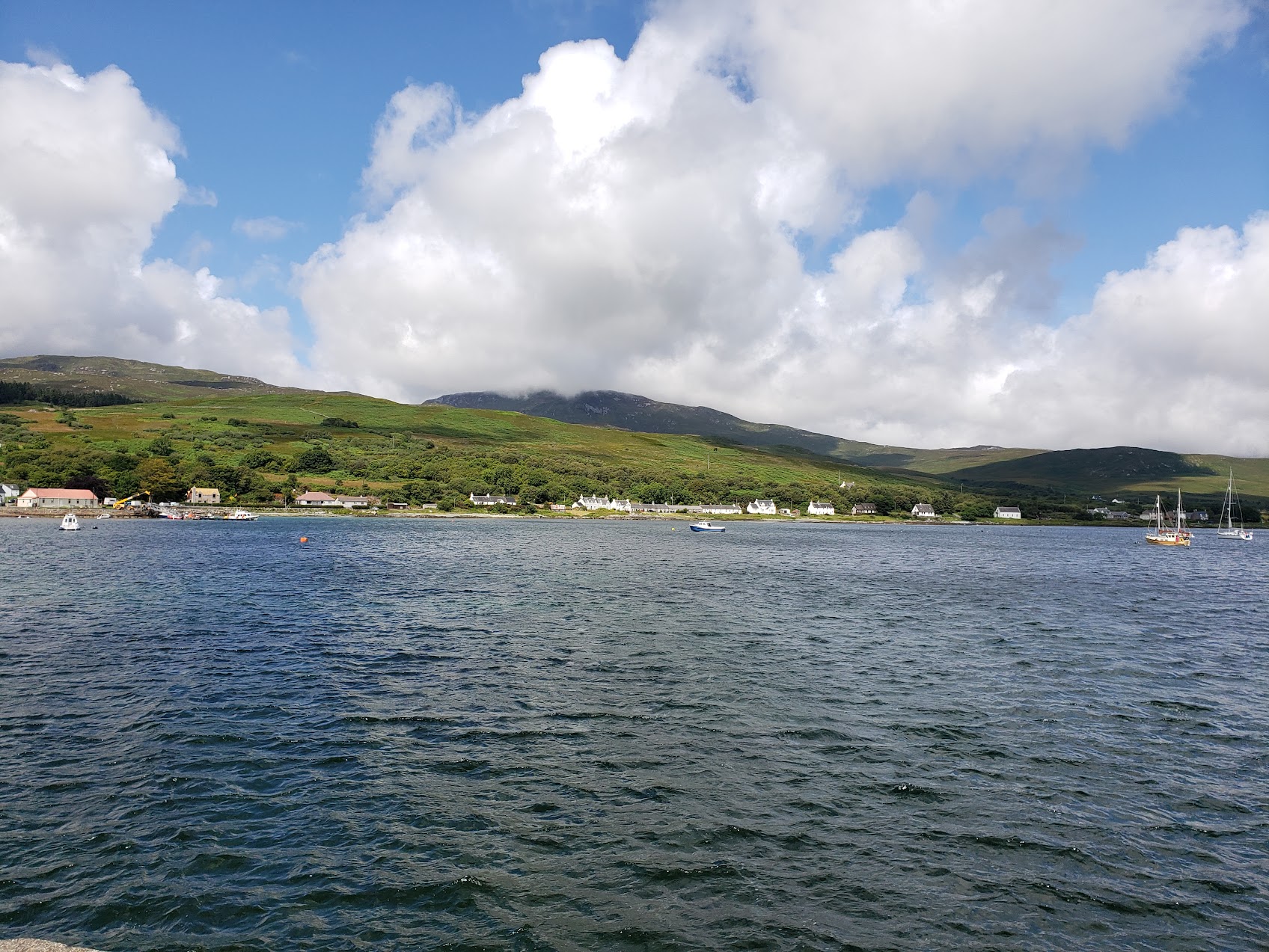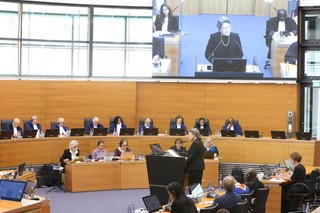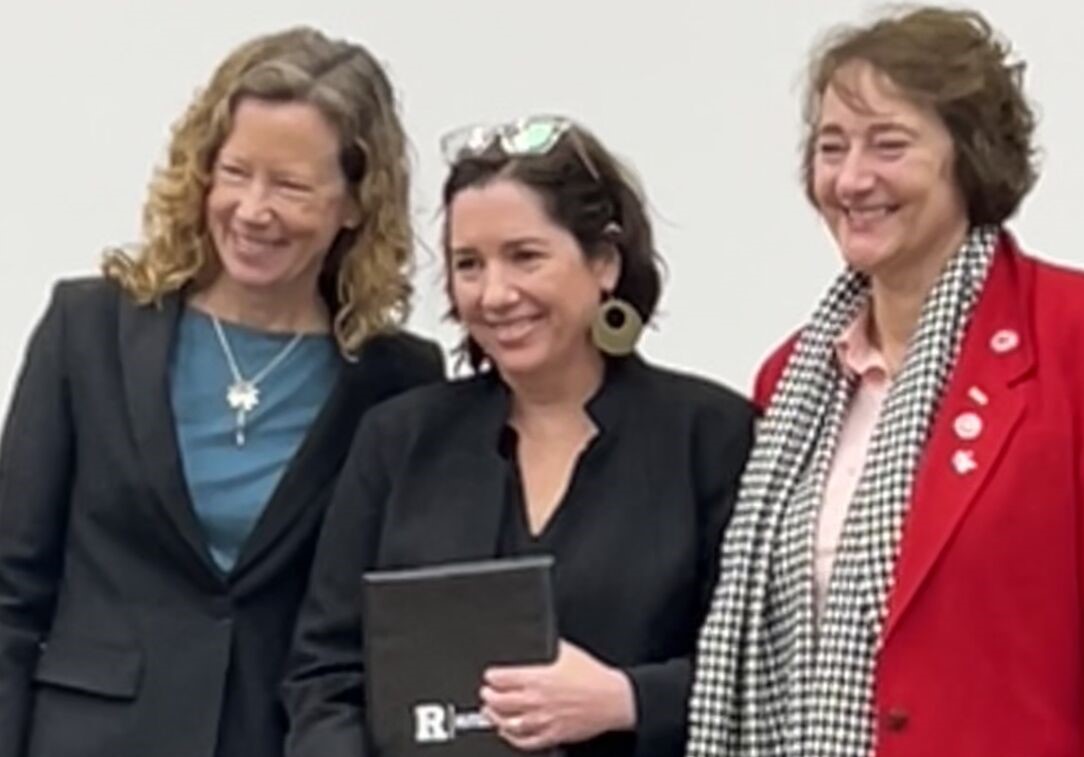Main Content

Addressing the Human Dimensions of Environmental Problems
What is Human Ecology?
The Department of Human Ecology of the Rutgers School of Environmental and Biological Sciences addresses the human dimensions of environmental problems and their solutions. Faculty from diverse disciplines use their expertise in the natural and social sciences to study the effects of human activities on the environment and the impact of environmental changes on individuals, communities and whole societies. Read more below.
COMING SOON! Scottish Sustainability Study Abroad Class in Summer 2025!
Dr. Harris recently received a Rutgers Global Engagement Grant to build a new study abroad program on Scottish Sustainability! It will be a three-week course led by…
Continue Reading COMING SOON! Scottish Sustainability Study Abroad Class in Summer 2025!
Human Ecology Professors Payne and McElwee Take Their Expertise Global to Make a Difference
Over the past two years, two Human Ecology professors have spent a lot of time inside meeting rooms in exotic destinations translating their unique expert knowledge into…
Dr. Cara Cuite receives SEBS Teaching Excellence Award and Rutgers University Equity and Inclusion’s Torchbearer Award
Dr. Cara Cuite, Associate Extension Specialist/Professor in the Department of Human Ecology, is usually very busy teaching Research Methods in Human Ecology or researching student food insecurity.…


